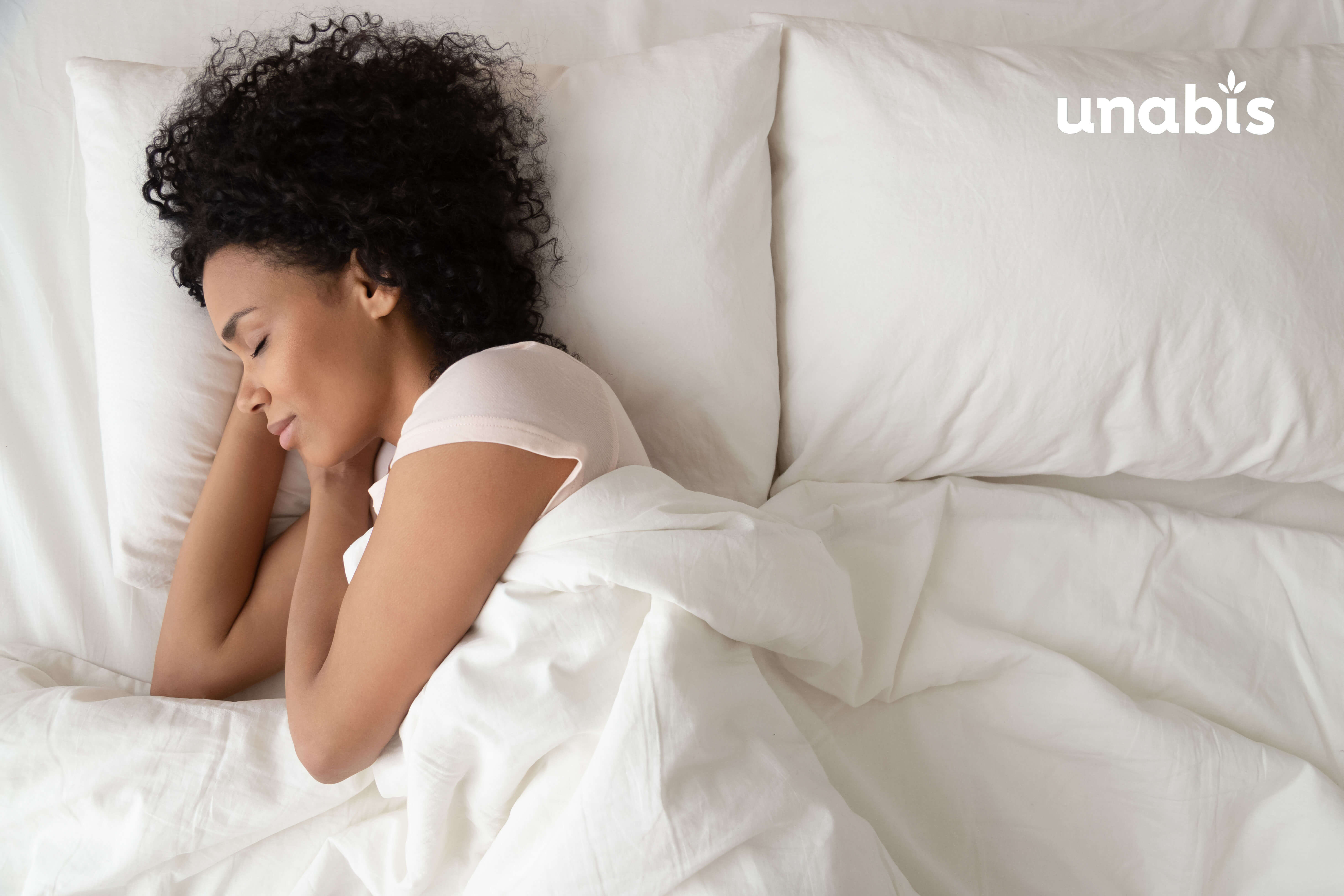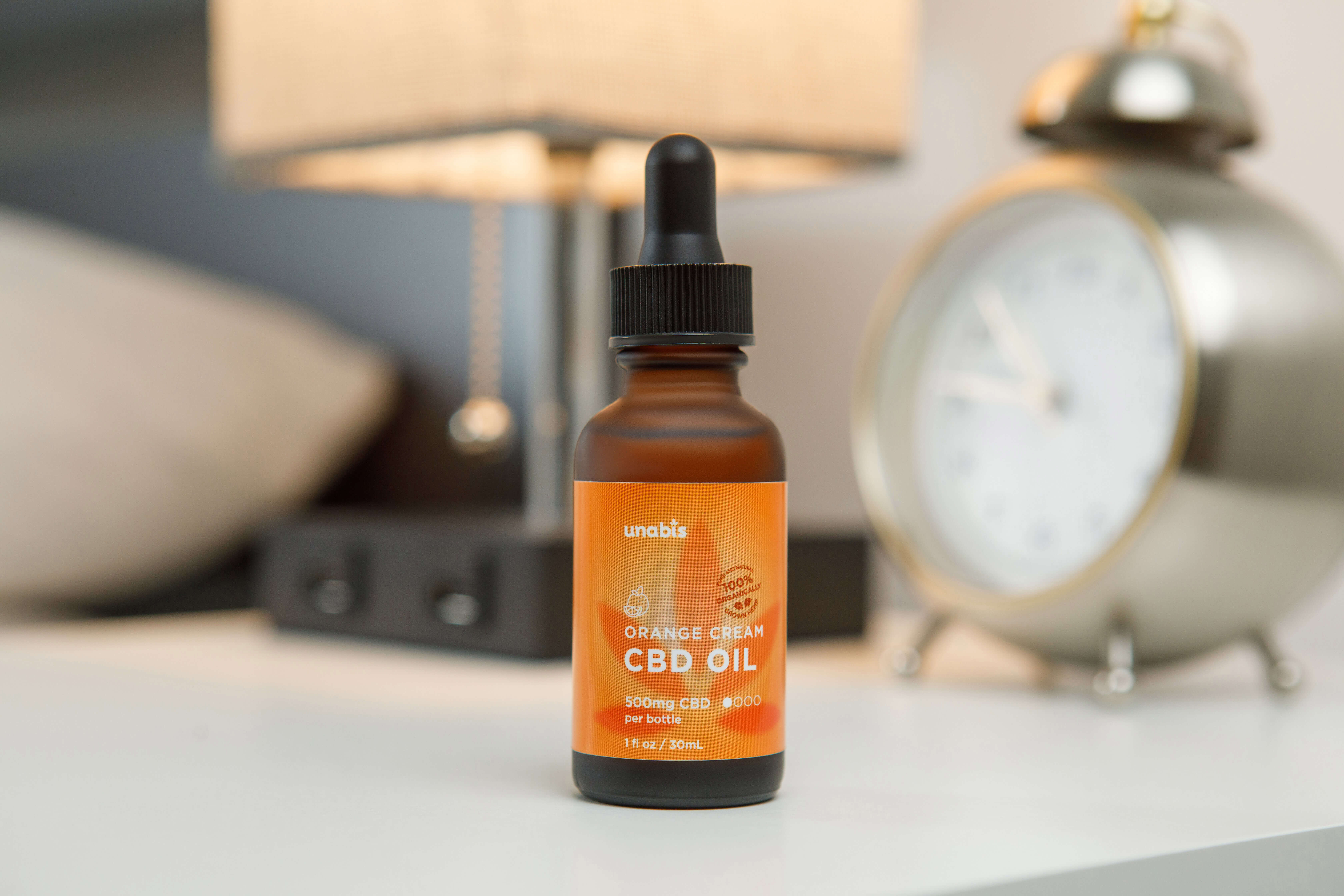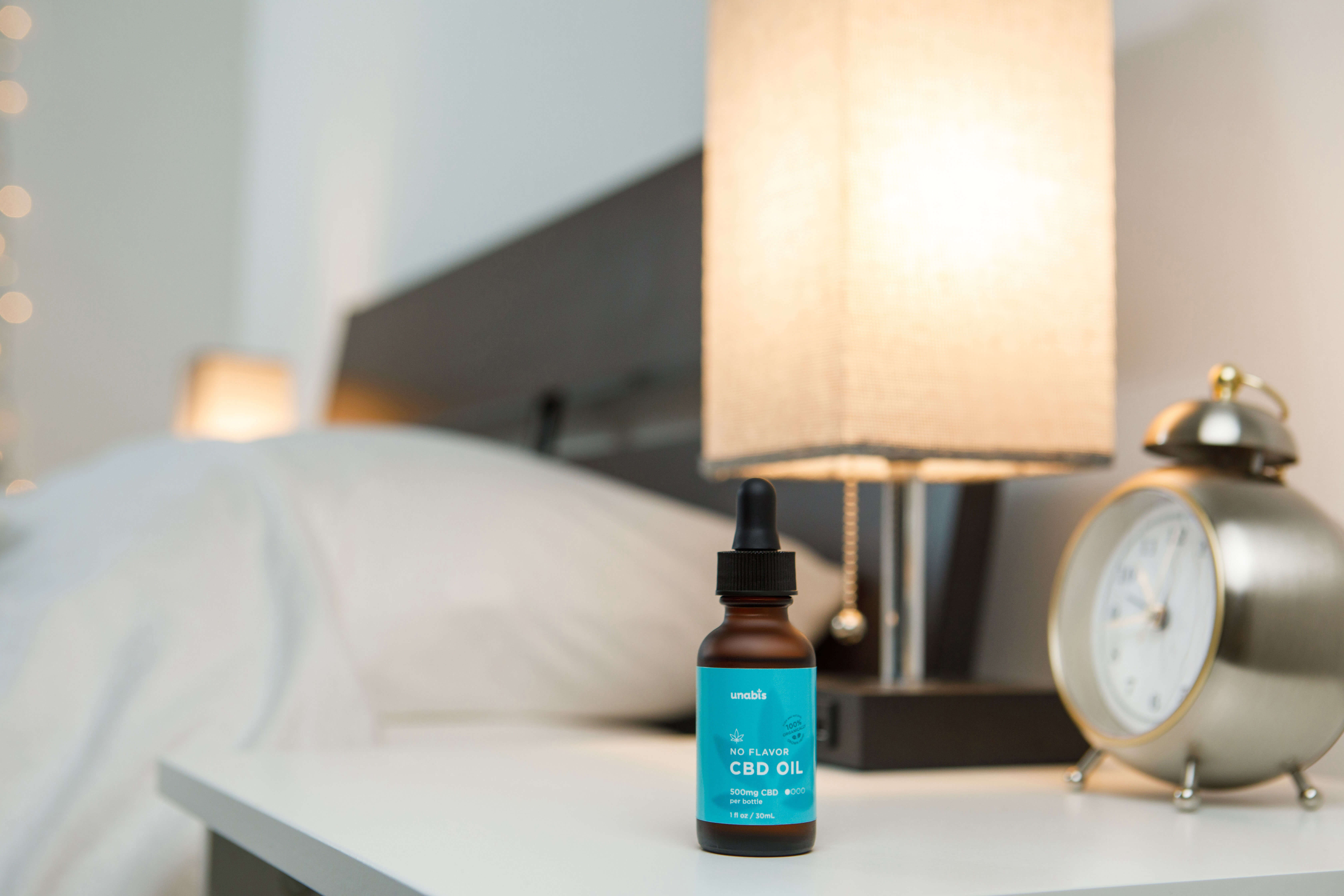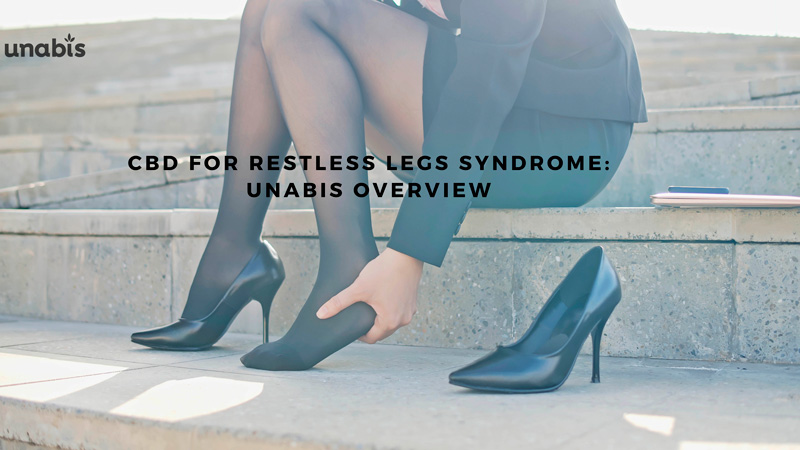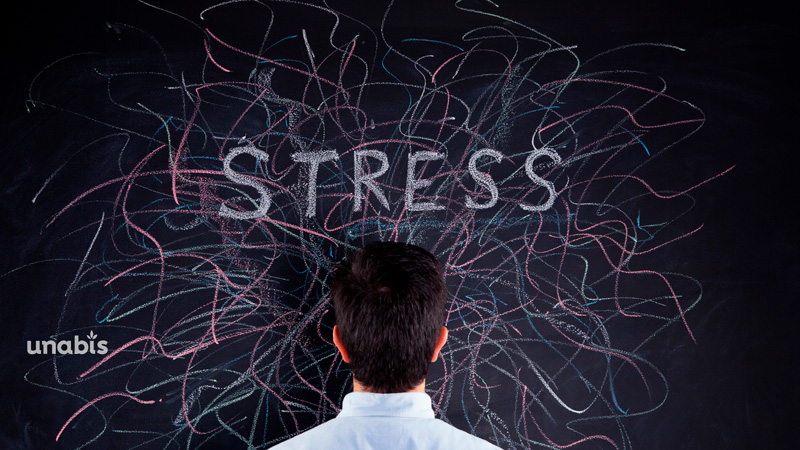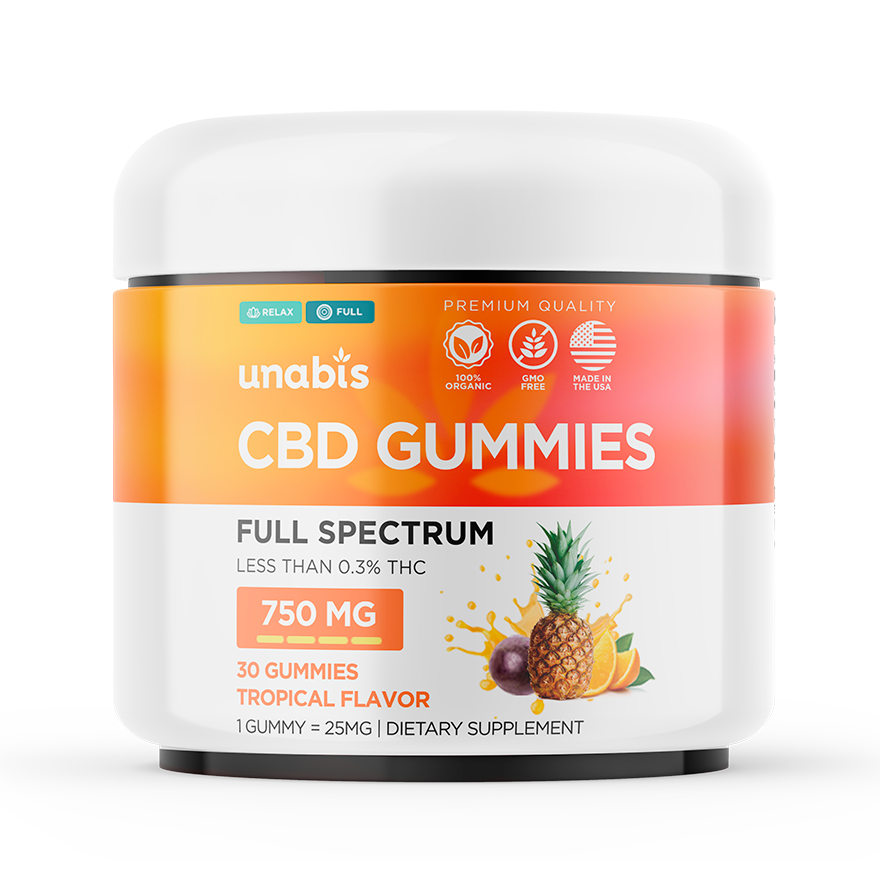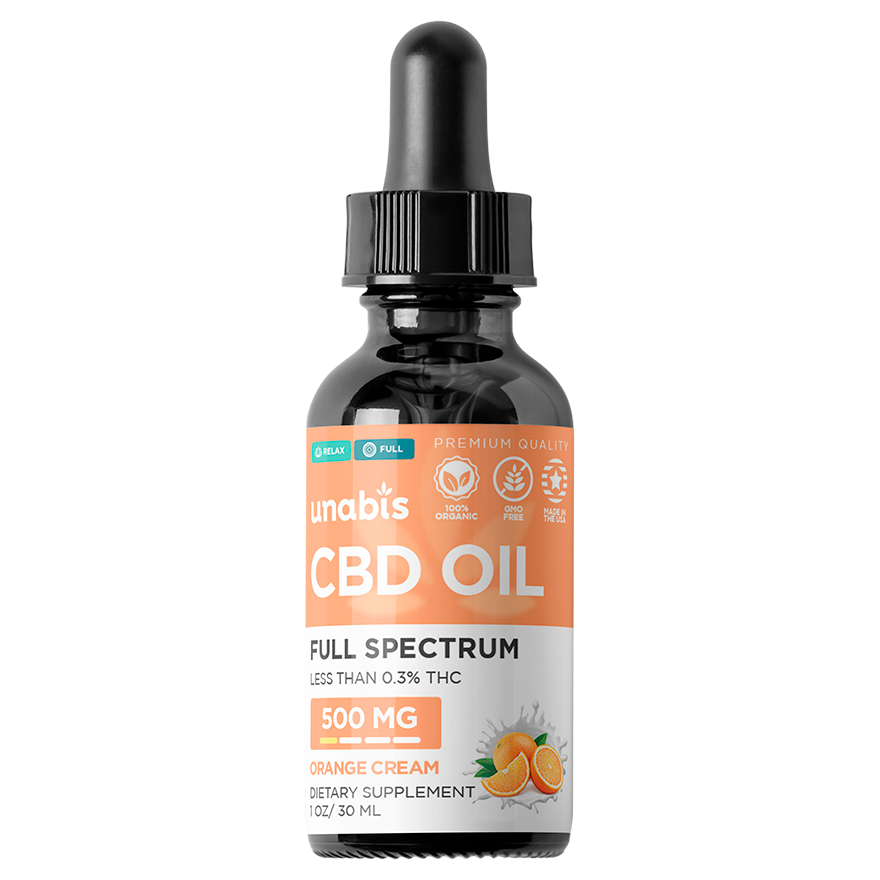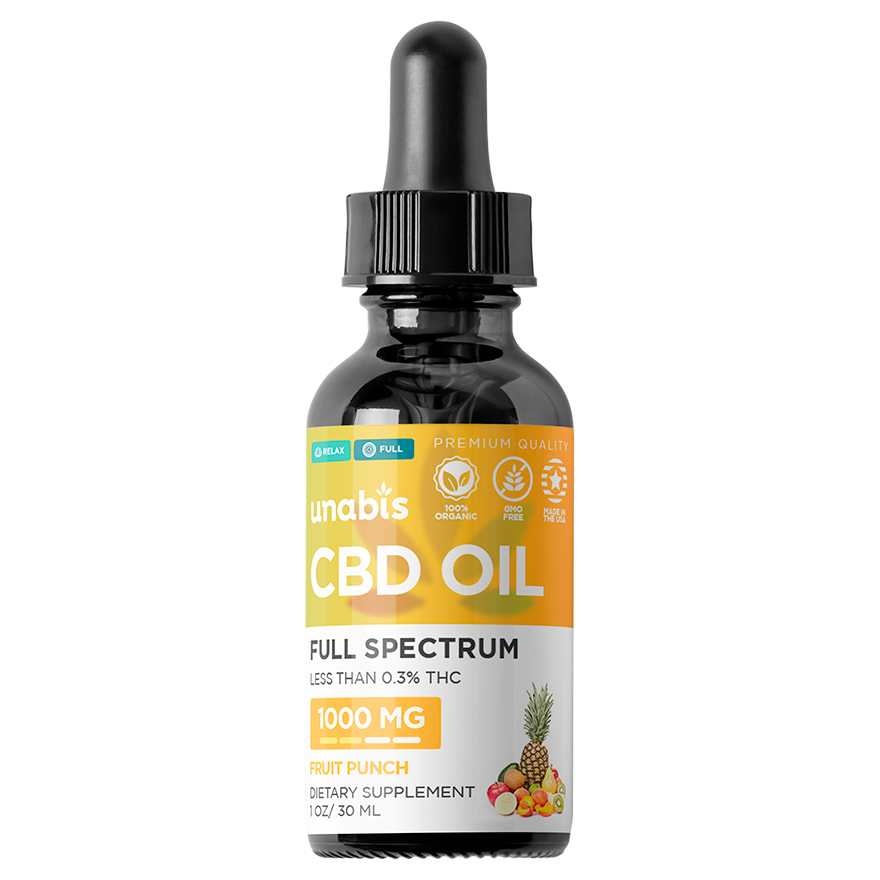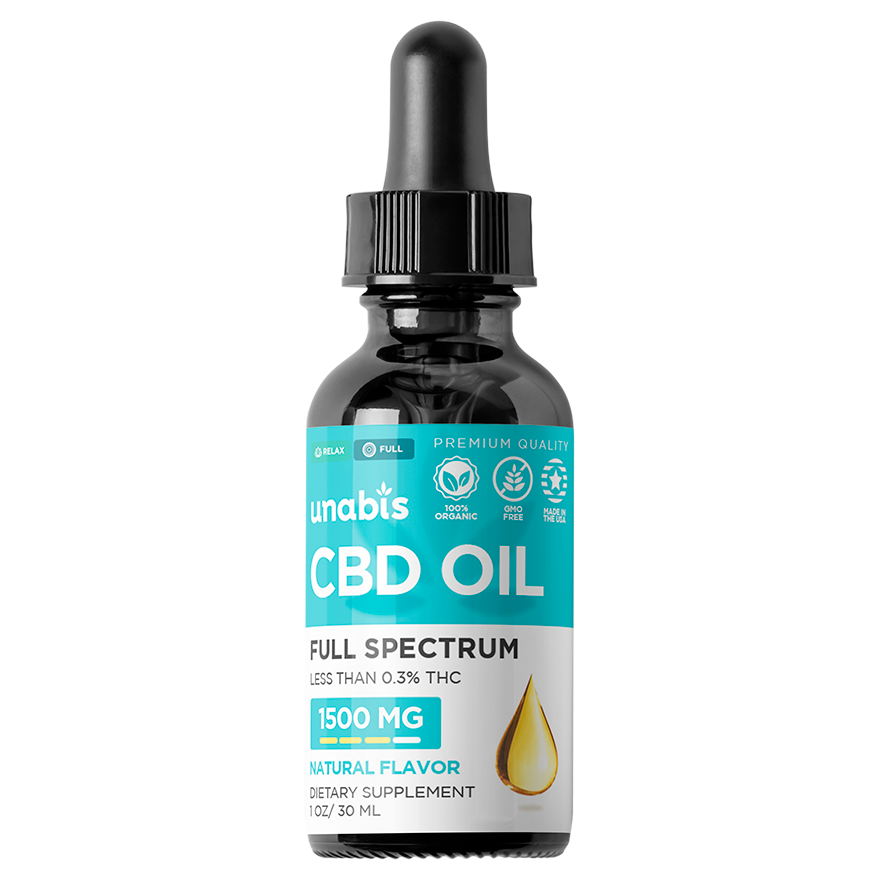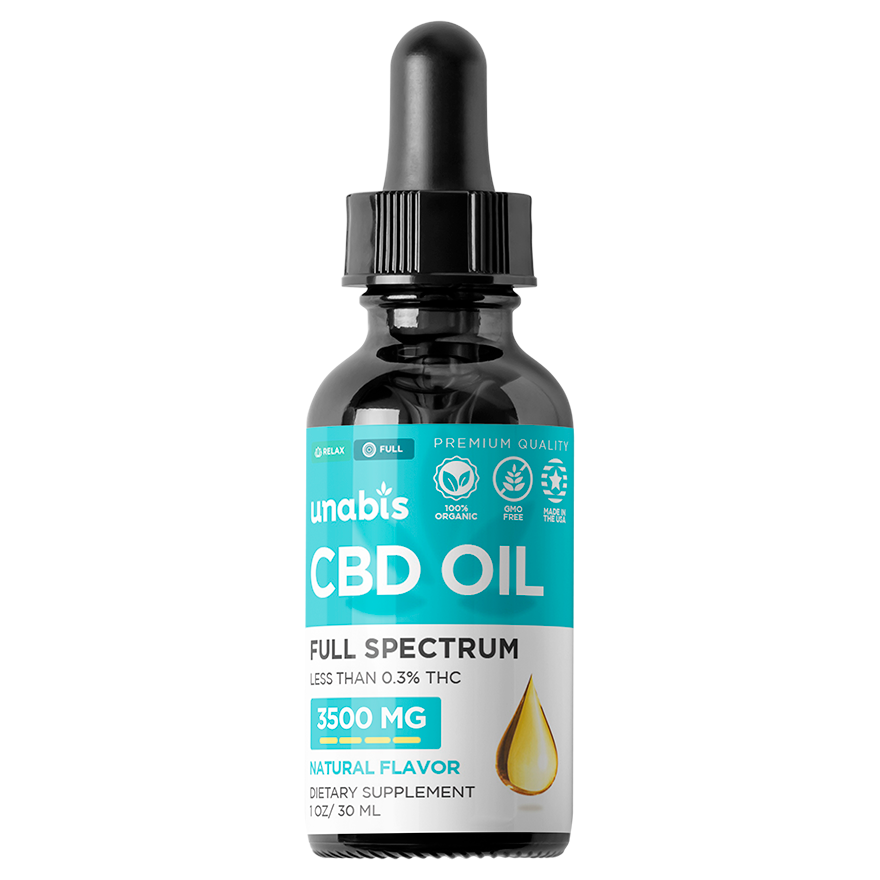Despite a huge amount of research on the nature of sleep, and tons of scientifically based recommendations on following a healthy routine, the problem of insomnia and other sleep disorders is still relevant globally. The relevance of the issue also points out the lack of really-working methods of coping with sleep disorders, so in this ultimate guide, we are giving the in-depth overview on CBD and sleep and the ways CBD can help in the struggle with sleepless nights.
Sleep Disorders and Insomnia in the Spotlight
It is estimated that 20 to 40 percent of the American population (about 50 to 70 million people) suffer from insomnia and sleep disturbances. For comparison:
- 34 million Americans have diabetes
- 40 million adult American population have at least one anxiety disorder
- 30 million US citizens are diagnosed with heart disease every year.
Sleep disturbance and insomnia have the right to be at the center of the list of health disorders that adults are susceptible to. However, according to the study, this problem is very often ignored by both patients and their doctors. It would seem that insufficient sleep and insomnia are quite personal issues. However, their consequences can have a negative impact on society as well. For instance:
- $411 billion is an estimated economic impact of insufficient sleep in the US alone. This figure is the highest in the world; for comparison, it reaches $138 billion in Japan (1 out of 3 citizens don’t get enough sleep in this country ) and $50 billion in the UK, according to The Economic Costs of Insufficient Sleep research.
- On average, 6000 fatal crashes happen in the US annually because of drowsy driving.
- People who suffer from insomnia are seven times more likely to have accidents at work. For example, nurses who work in 12,5 hours shifts make three times more medical mistakes compared to those who spend the standard 8 hours at work.
But what remedies, tips, and tricks do people use in their struggle with insomnia and sleep disorders? Let’s find out.
- 93% of people report that sleeping on a high-quality mattress may be helpful
- 8% of Americans use sleep tracking applications to control their sleep patterns and establish a healthier schedule
- 80% of insomnia sufferers use prescribed sleep pills. However, are they as effective as one might expect them to be?
The Hidden Effects of Sleep Pills – Some Essential Things You Need to Consider Before Getting Started with Them
Sleep pills (which are often allowed by doctor’s prescription only) are the most popular options to deal with insomnia and sleep disorders. There are two types of sleep pills doctors may prescribe depending on the severity of sleep disorder, the overall health condition of the patient, and co-occurring mental health problems:
- Sedatives
- Tranquilizers
Sometimes these terms are used as synonyms, however, they still differ.
- Sedatives or barbiturates are medicines that have a calming effect; they slow the nervous system down and may promote better sleep when a low-severity sleep disorder is caused by one-time stress and general fatigue of the nervous system. Also, sedative medicines are often herb-powered; for example, they may have Valeriana or melissa in their content.
- Tranquilizers or benzodiazepines, in turn, are believed to have a more serious effect compared to sedatives. They are prescribed when a patient has accompanying mental health disorders like severe anxiety and/or panic attacks. Tranquilizers should be used with a specific caution since the likelihood of addiction development is higher compared to plant-based sedatives usage. Plus, there is also a risk of withdrawal syndrome.
However, even despite the fact that both of the options may be effective for coping with sleep disorders in the short term, their usage doesn’t guarantee getting rid of insomnia forever. What’s more, the choice of sleeping pills is often quite individual since the option that works for one patient may be ineffective for another person.
The unpredictability of the sleeping pills results depends on many factors, and the specificity of the metabolism process and the reaction of the brain is one of them. For example, a person may take a sleeping pill in the evening, follow the dosage and other recommendations, but feel like willing to sleep only in the morning. He/she will have a day trying to concentrate and one more sleepless night since the effect of the pill will decrease in 7-9 hours. What’s more, there are some additional risks and drawbacks you should be aware of.
Sleeping Pills Side Effects
If we refer to the instructions for any of the sleeping pills available on the market, we will see that the possible side effects are the same in most cases. Tranquilizers, as we said, can have more serious side effects. The most common ones include:
- Dizziness, loss of balance
- Inability to concentrate during the day
- Daytime sleepiness
- Headaches and changes in blood pressure levels
- Abdominal pain and diarrhea
- Forgetfulness, memory impairment
- Allergic reaction.
Sleeping Pills Health Risks
The development of addiction, deterioration of the effect of the drug, and withdrawal syndrome are the well-known risks of sleeping pills. They are also especially dangerous for people with asthma or sleep apnea because they can change the breathing rhythm.
There is also research stating that using sleep pills may increase mortality risk from 10% up to 300% depending on the gender, co-occurring conditions, age, the type of the pill, and the dosage consumed.
In contrast to sleep pills, 20% of Americans have tried a natural sleep remedy like CBD oil for sleep, for instance. Compared to chemically-produced sleep pills, natural cures may be a safer option, so let’s find out the possible effects of CBD oil for sleep being guided by the scientific research results.
CBD and Sleep: Scientific Research Insights
In a nutshell, CBD oil for sleep may be quite helpful for dealing with insomnia and related sleep disorders. However, most scientists agree that this issue requires more trials, clinical texts, placebo-based experiments, and testing the combination of CBD with psychological support for patients suffering from sleep disorders. At the moment, speaking about CBD for sleep, we can be guided by the following scientific data.
Cannabidiol can improve complex sleep-related behaviors, 2014
This research dwells on potential CBD efficiency for improving parasomnia (or rapid eye movement (REM) sleep behavior disorder) in patients with Parkinson’s disease. The latter disease refers to a mainly genetic, age-provoked, and irreversible condition that leads to significant changes in the nervous system and muscle activity. Parkinson’s sufferers are especially prone to sleep changes since the work of the brain deteriorates and the body needs more time to have a full rest. According to the research, CBD sleep aid may bring some relief.
Effectiveness of Raw, Natural Medical Cannabis Flower for Treating Insomnia, 2018
This study is based entirely on user data. For three years, a group of users has been using cannabis flower-derived products to improve sleep and recording the results in a special mobile application. The results showed positive changes in 95% of users – they reported at least one significant improvement in sleep. 10% also reported some side effects.
Cannabis, Cannabinoids, and Sleep, 2019
As a part of this research, the authors make an all-encompassing literature review on CBD for sleep effects. According to their findings, CBD sleep aid may be quite useful for treating insomnia. It may also work well for helping patients with chronic pain sleep better, and for those struggling with obstructive sleep apnea. However, there is also a study that completely abandons CBD potential for apnea treatment so this particular question needs further investigation.
Next, the researchers suggest that CBD may also be promising for REM sleep behavior disorder (already mentioned in the 2014 study), getting rid of nightmares and daytime sleepiness.
Cannabidiol in the Treatment of Post-Traumatic Stress Disorder, 2019
Post-traumatic stress disorder can be one more reason for insomnia. In this case, dealing with the root cause with the help of CBD makes sense. According to the study, 91% of focus group participants reported a decrease in PTSD symptoms, plus CBD for sleep also showed its potential for coping with PTSD-provoked nightmares.
SARS-CoV2 Induced Respiratory Distress Research, 2020
Scientists have already discovered that the coronavirus affects not only physical but also mental health. 40 percent of American adults have already experienced at least one mental impairment associated with the coronavirus, which has also affected sleep quality. Do you remember? Stress and anxiety are the top causes of insomnia. However, a new study has shown that CBD can potentially be used to alleviate mental stress during post-covid recovery, and with the aim of normalizing sleep as well.
P.S. There is also a hypothesis according to which CBD products may be used in COVID-19 treatment with the purpose of reducing inflammation and restoring lung functions.
CBD oil for sleep (as well as any other CBD-powered product) may be quite effective for dealing with insomnia and other sleep disturbances. What’s more, a lot of people have already tried this natural remedy and shared their feedback.
CBD Oil for Sleep – Users Share Their Opinion
According to the Gallup survey, 14% of Americans have used CBD products. However, 2020 research suggests that this figure has increased up to 33%, plus 45% of current CBD users have increased their CBD consumption against the background of the coronavirus pandemic. 42% of users are using CBD oil for sleep, while 68% of all those who have tried CBD reported positive results.
That is, the percentage of using CBD to improve sleep is quite high, so it makes sense to learn more about how CBD oil works and why this hemp-powered remedy can be an effective option for beating insomnia.
How Does CBD Oil Work for Sleep?
The mechanism of the CBD component’s work is hidden deep inside our brain. It is the most complex organ in our body, the core of the human nervous system, which is responsible for any physical or mental process.
According to scientists, the central nervous system has the Endocannabinoid System as its part. Of course, the Endocannabinoid System, as well as the human nervous system, has not yet been fully investigated. However, at the moment, scientists agree that this system is “a bridge between body and mind” and consists of receptors called endocannabinoids. What’s more, endocannabinoid receptors are located not only in our brain. They are also found in other organs, glands, and immune cells (which is why CBD may also work as a natural immune booster).
CBD or cannabidiol, which is found in any of the CBD-powered products, has a direct effect on endocannabinoid receptors, and regulates the brain’s response, reducing the effects of stress, relieving tension in the nervous system, and therefore restoring healthier sleep rhythms, make health benefits.
When to Take CBD Oil for Sleep?
Since sleep disorders are quite common and affect a large share of the global population, there can be a lot of situations when you may take CBD oil for sleep. According to medical science that provide medical advice, sleep disorders may be classified into the following types corresponding to different root reasons and severity of the disorder:
- Insomnia. Insomnia refers to the most severe sleep disorder when a person feels difficulty falling or staying asleep. As a rule, people suffering from insomnia may spend long hours in bed while staying awake or awake after a few hours of sleep without the possibility of falling asleep again. 30% of the American population suffers from insomnia, and for 10% of them, this condition is already chronic. The harmful consequences of long-term insomnia are striking – its sufferers are at high risk of developing hypertension, diabetes, obesity, depression, heart attack, and stroke. Taking timely measures is essential in this case, so insomnia is the first sleep disorder that should be treated, for instance with the help of CBD oil for insomnia or CBD gummies for sleep.
- REM behavior sleep disorder. This sleep violation is also sometimes called dream-enacting behavior. In this case, a person may move their eyes when the eyelids are closed, swing their arms or legs sharply, speak clearly enough, and also react to sudden sounds. According to the research we cited above, CBD may be effective in relieving this condition and returning to more restful sleep. This is especially true for patients who experience muscle impairment, plus this symptom tends to develop with age. It can also be a consequence of antidepressant use and occur during withdrawal from certain drugs or alcohol.
- Parasomnia. Parasomnia is considered a lighter variant of REM behavior sleep disorder. In this case, the patient may speak during sleep, make sudden movements, or even sit in bed while remaining asleep. In general, some patients who sleep alone may not even be aware that they have such a condition, however, this is definitely not the norm, and in this case, CBD products may also promote more restful sleep.
- Nightmares. Nightmares can happen even with perfectly healthy people, and this is somewhat normal. According to Freud, nightmares are the reaction of our unconscious, which splashes into our subconscious, forcing us to experience what we are afraid of or what we are concerned about at the moment. Also, nightmares are a typical consequence of PTSD (sleep can cause a person to return to the traumatic past again and again). However, it is not normal for nightmares to terrorize the sleeper every night. In this case, using CBD oil for sleep might make sense, according to the research we referenced above.
- Narcolepsy. Fortunately, this is a fairly rare syndrome. A patient with narcolepsy can fall asleep abruptly at the most inopportune moment – for example, while driving. This is a rather dangerous phenomenon, even despite its rare occurrence among the population. However, there is research suggesting that the CBD component may prevent a person from sleepiness in narcolepsy.
- Restless Leg Syndrome. This syndrome stands for the condition when a person feels a strong desire to move their legs when it’s actually time to rest. The syndrome achieves its peak at night. 2020 research has confirmed the positive potential of CBD products for dealing with it, however, further studies are still needed.
- Shift Work Disorder. Circadian rhythms are the mechanisms of our organism that allow our body and brain to distinguish between day and night, and therefore, to produce hormones necessary for activity, and hormones necessary for sleep. Circadian rhythms allow us to maintain a pattern of sleep and rest, but when a person works in shifts, for example, alternating work and rest at night, the body begins to get lost in time. This is a typical situation for doctors, convenience store workers, airport workers, and even freelancers working with clients from different time zones. In this case, using CBD oil for sleep can help the body fall asleep more naturally and have a rest, regardless of the time of day.
There are a lot of situations when the best CBD for sleep might be helpful. However, you still need to follow the right dose in order to achieve the desired effect and reveal the possible benefits of CBD. Below are some tips for choosing the right CBD oil dosage for you.
What Is the Best CBD Dosage for Sleep?
As well as with any other medication, the right CBD dosage for sleep will always be individual. However, there are still some tips you may follow to achieve the beneficial effect from the best CBD oil for sleep.
1. If you are going to try CBD for the first time, get started with one drop of CBD oil.
Such caution is important for checking your personal response to CBD components and getting the first impression of the CBD products you start to use. Increase this dose to two-three drops the next day and continue monitoring your reaction.
Useful tip! We suggest starting a sleeping diary and writing down the changes you have felt after taking a certain CBD dosage for sleep. You will be able to track your progress and find out the dose that will be able to provide you with the effect you expect.
2. Next, consider the time of the day when you will take CBD oil. There are two basic strategies to follow.
- Some users prefer to use one-two drops several times a day. It allows them to achieve the cumulative effect in the evening, plus support their wellbeing and calmness through the day.
- Taking a higher dose of CBD oil for sleep just before bedtime may also work well. This strategy might be good if you are betting on CBD with the purpose of sleep improvement only.
We suggest testing both of the strategies, continue filling in your diary, and finding out the approach that works best for you.
3. Consider your weight for measuring the right CBD oil for poor sleep dosage.
On average, the optimal daily CBD dosage for sleep is 1-6 mg of CBD per 10 lbs (or 5 kg) of the body weight. However, pay attention to the fact that CBD oils come with different content of pure CBD components. For example, our CBD oil for sleep comes in a 30 ml bottle that may differ in CBD strength (500, 1000, or 3500 mg of pure CBD inside). The more CBD component is in the product you are using, the less dosage you need to achieve the effect.
Let’s make some simple calculations using our 30 ml oil of 500 mg of CBD as an example.
30 ml – 500 mg of CBD
1 ml – x mg of CBD
x=500/30=16,6 mg
There is 16,6 mg of CBD per 1 ml of oil. If we are starting with the lowest CBD dosage (1 mg of CBD per 10 lbs or 5 kg), then 1 ml of oil per day will be enough for a person with 160 lbs or 80 kg body weight. Adjust this dosage according to your weight and you may safely get started with the best CBD oil for sleep. Feel free to use more tips from our CBD for Sleep Dosage Guide as well.
4. Always follow CBD sleep aid manufacturer’s instructions
Official, reliable and high-quality CBD products often come with clear instructions inside. It may give your more insights into the right dosage, the ways to use your CBD oil or CBD gummies for sleep, and safety precautions. Make sure to check this document before getting started with CBD products.
Also, Unabis employs a very friendly and easily accessible support team who are ready to answer your questions if you have some concerns or something remains unclear after reading the instructions inside. Feel free to reach out to us if you have something to ask.
5. Make sure to ask your doctor for advice
To date, only one CBD-powered drug has been approved by the FDA for use in medical practice. It is Epidiolex, which is used to treat severe seizures in epilepsy. This means that your doctor is not authorized to prescribe or even recommend CBD products.
However, if you’ve concluded that this is something that might work to improve your sleep, you should still tell your doctor about it. CBD, like any other, both natural and pharmaceutically produced drugs, may have contraindications, side effects, and be incompatible with other medicinal products.
Further, we will dwell on this issue in more detail.
CBD Oil For Sleep Side Effects
There are a lot of discoveries on the positive effects of CBD already made, however, most scientists agree that there are still a lot of issues to be researched. The questions of CBD side effects, potential negative consequences, and compatibility with other medications are the most relevant. Still, medical science already has some promising answers.
According to the CBD side effects research 2017, the potential side effects were studied as a part of epilepsy treatment with cannabidiol. The study reported tiredness, diarrhea, and changes of appetite/weight as the most common side effects which, however, are quite unlikely to come. Only 5% to 7% of CBD users experience them.
Also, the study above confirmed that CBD has a “better side effect profile” compared to other drugs but studying CBD effects and its compatibility with other medicines is still essential. Traditional medicines are long-known to have a harmful effect on the liver because of their high-toxicity while CBD is considered to be a low-toxic component, according to the World Health Organisation opinion. It allows for concluding that CBD causes less damage to the liver compared to sleeping pills and other drugs but you still should be careful when mixing CBD with traditional medicines and other substances, like alcohol, for example.
CBD for Sleep and Other Drugs
As for CBD and other medicines compatibility, healthcare professionals strongly suggest avoiding the following drugs while taking CBD for sleep:
- Sleeping pills, sedatives, and antidepressants. Since CBD is directly affecting the nervous system and its endocannabinoid part, using it in conjunction with other calming drugs and the ones that change the brain process may have unpredictable results.
- Antihistamines. The usage of CBD with antihistamines may affect the enzymes that are responsible for breaking down the latter. The usage of antihistamines may have no or significantly slowed down effect when combined with CBD.
- Steroids. Steroids are believed to be quite dangerous substances, especially when used fanatically. However, there is a statement that the combination of CBD and steroids may be quite effective for athletes since the first helps them with keeping super-fit and the latter helps with muscle tension, pain, and inflammation from injuries. While there is research stating that CBD may be effective for pain management and delayed onset muscle soreness, there is still no research confirming that CBD and steroids are a safe option. We kindly suggest never mixing them (or at least until the trustworthy study of this topic becomes available).
CBD In-Risk Group Users
Since our top mission is to help our consumers to live in their best health possible, we also feel our responsibility for all the information we share. In addition to the possible side effects of CBD and its compatibility with other medicines, missing the categories of users for whom CBD intake may be risky, would be quite a mistake. Using CBD for sleep may be risky for the following groups of patients:
- Pregnant women. In this case, there are no credible research results that allow for talking about CBD and pregnancy as a healthy combination. However, some women with chronic pain still use CBD during this period, according to the research. WHO also states that CBD doesn’t affect fetus development but there are still much more questions than answers.
- Patients who have a recent organ transplantation surgery since CBD is incompatible with the medicines these patients should be taking in the recovery period.
- Asthma sufferers since the CBD influence on the nervous system and breathing rhythm is a little bit unpredictable.
However, even if you have found yourself in one of the groups above, it doesn’t mean that your sleep problem is unsolvable. Insomnia during pregnancy is a temporary condition that will end very soon. The recovery period after transplantation also cannot last forever. As for asthma sufferers, the research results here are somewhat contradictory. On the one hand, research suggests that CBD for sleep can affect breathing rhythms and lead to respiratory arrest, while a 2019 study in mice showed that CBD can help cope with inflammation and hyperventilation. Therefore, we can hope that reliable studies of this topic on humans will also appear very soon.
The Most Popular CBD Products for Sleep
Since a lot of users are already choosing the best CBD for sleep, there are two of the most popular CBD product forms they love. These are CBD tinctures and CBD gummies so let’s compare these options and find the one that better suits your needs.
Unabis CBD Tinctures
CBD tinctures or CBD oils for sleep are CBD extracts powered by other essential oils for better absorption. For example, it may have coconut oil (like our CBD tincture) and MCT oil which is responsible for seamless digestion without causing harm to the liver. Most users choose CBD tinctures because of their fast-acting potential – you may feel the result quite quickly after taking a few drops of oil. Plus, you don’t need to consume a lot to achieve the desired effect or you may also add it to your meals and beverages.
Choosing the best CBD oil dosage for sleep is also easy, and measuring it with a convenient dropper is effortless. Our CBD tinctures for sleep also come with different tastes (natural, tropical fruit, orange cream, and peppermint) and with different content of CBD – from 500 to 3500 mg of pure CBD per bottle.
You are welcome to discover the full range of our CBD oils for sleep to find out your perfect taste and effective CBD compound!
Unabis CBD Gummies
CBD gummies or bears are one more popular option for CBD consumption. Even despite their creative and funny look, they may be quite effective for coping with sleep disturbances since they are powered by CBD components as well as tinctures. CBD gummies for sleep look like ordinary vitamins and may be consumed right on the go. They might be a good choice for those who lead an active lifestyle and like creativity in every matter.
As for the best CBD gummies for sleep compounds, they are made from high-quality marmalade, fruits, and CBD. One CBD gummy from our range contains 25 mg of full-spectrum CBD so measuring the dosage you need is even easier with the edibles compared to CBD oils.
As for their effect, CBD gummies will be digested longer compared to CBD tinctures, however, the process of chewing them is also quite pleasant.
Feel like CBD gummies for sleep is an option you are looking for? Find out more details and benefits on our CBD gummies product page!
How to Buy CBD Products for Sleep Improvement?
After a lot of issues with sleep disorders, the potential of CBD for their treatment and the most popular CBD products for sleep to choose from become clear, it’s time to proceed with the life-proven strategy on how to buy safe CBD for sleep in a trusted place. Below are must-take steps.
Consider CBD Legal Status in Your State
The Farm Bill 2018 makes the low-THC CBD products legal to produce and sell. However, this is a federal act, while each of the states still has the right to regulate this issue in the way local authorities find it to be right. For example, CBD is completely prohibited to be used and sold in 3 US states (Idaho, Wyoming, and South Dakota). 17 US states allow low-THC CBD products (Full spectrum CBD) for medical use. But according to the general rule, CBD products with less than 0,3% of THC (Broad spectrum CBD) are legal to be sold and used in the US with some specifics across different states.
Choose Between Online vs Offline Purchase
Since CBD products are mostly legal, there is no surprise in finding them on the shelves of the stores. However, some people still may feel frustrated when it comes to the need to buy CBD in a physical store. Indeed, 26% of Americans still think that CBD is the same as marihuana (we have explained the difference and answered basic questions on CBD in our CBD 101 Guide). Noticing the sidelong glances of other buyers and thinking about what they are thinking of you is quite unpleasant, so when it comes to privacy, buying CBD online is a better option.
Online purchases are also more flexible and cost-effective, plus with Unabis, you may get top-notch customer service online, post-purchase support, and a nice discount on each of your purchases. All this is accessible without living in the comfort of your home and with the respect to your privacy, personal and financial data.
Choose a Reliable Brand
Below are some of the most essential factors that point out to a reliable CBD reseller.
- Lab tests result available. CBD products are surrounded by concerns and stereotypes and that’s why, quality assurance matters. Make sure your CBD supplier has the lab test results and keeps them publicly available. For example, you may review the test results of our CBD tinctures or CBD gummies by pressing the button below the main image of the product you are browsing. They will become instantly available in a new tab.
- Transparent and reasonable pricing. High-quality full spectrum and broad spectrum CBD products can’t be cheap since the process of growing organic hemp and extracting CBD components with the CO2 method requires a lot of expensive equipment, labor costs, and legal compliance. Don’t be lured by a too low price since it may be a sign of either impure CBD or some violations on the side of the manufacturer or reseller. What’s more, this is just the case when preventative care costs less than treatment so you shouldn’t try to save on the products you need for your wellbeing. We also have a flexible system of discounts so you can be calm about the quality of our products and your budget as well.
- Shipping. According to US laws, shipping CBD products to Idaho, Wyoming, and South Dakota is prohibited. Make sure the CBD brand you want to buy from is compliant with this condition and doesn’t make sound promises to deliver full spectrum and broad spectrum CBD everywhere. Unabis offers free shipping to 47 out of 50 US states, and it will always be free regardless of the amount of your purchase.
- Accessible and competent support. Dealing with sleep disorders is challenging, and getting started with a new remedy that has good chances of being helpful is challenging as well. You may be in need of competent and easily accessible support ready to answer your questions. What’s more, this is one more sign in favor of the CBD brand since unreliable or illegal manufacturers are rarely willing to get in touch with potential customers. We, at Unabis, will be happy to hear from you anytime via email [email protected] or by phone (917) 746-3559.
- Real users’ reviews. People tend to believe people, so make sure that the CBD products you are going to buy have a positive reputation among those who have already tried them. Pay attention to video reviews since they are difficult to fake and proceed with the reviews of our customers that are placed under each of our offerings.
F.A.Q.
How to use CBD for sleep?
The right answer to this question depends on the CBD product you choose for yourself. For example, you may use CBD gummies for sleep once a day, 1-2 hours before going to bed. Or you may use CBD oil for sleep in equal doses during the day. In any case, get started by reviewing the manufacturers’ instructions, take the lowest dosage for your first CBD experience, and don’t hesitate to get in touch with our support team if something is unclear to you.
When to take CBD oil for sleep?
You may take CBD oil for sleep if you have some of the sleep problems described above, for example, insomnia, nightmares, and difficulty falling asleep. Depending on the severity of your condition, you may take it just before bedtime or during the day in even dosages to achieve the cumulative effect in the evening. The last strategy is also good for supporting your overall well-being and calmness during the day but if improving your sleep is your ultimate goal, you may use a higher dosage before going to bed. CBD oil for sleep is easily digestible since it is also powered by other essential oils to streamline the absorption process.
How many CBD gummies to take for sleep?
One CBD gummy from our range contains 25 mg of CBD. You may get started even with one gummy in the evening and monitor your reaction and the changes in your sleep pattern. For a novice user with average weight, this dose should be even more than enough so you may take half of the gummy for the first time and adjust the dose according to your body’s response and the result you expect.
Also, keep in mind that CBD gummies for sleep need more time to be digested compared to CBD oil. So, you may use them even a few hours before bedtime.
How to choose the best CBD for sleep?
Our CBD tinctures and CBD gummies are equally good for sleep, according to our users’ reviews. The only way to find the best option is to compare both and decide which one suits you. CBD tinctures provide faster results compared to gummies, while bears are quite funny and creative so you may love both of the options.
Does CBD help you sleep?
Yes, some scientific research shows that CBD has the potential to help people sleep better.
